https://youtu.be/FQq8dO4UiHM?si=rK9UB75dqIkaHZd5
Introduction
Mystery guest
Week in Review
A Son at the Front by Edith Wharton
All Our Ordinary Stories: A Multigenerational Family Odyssey by Teresa Wong
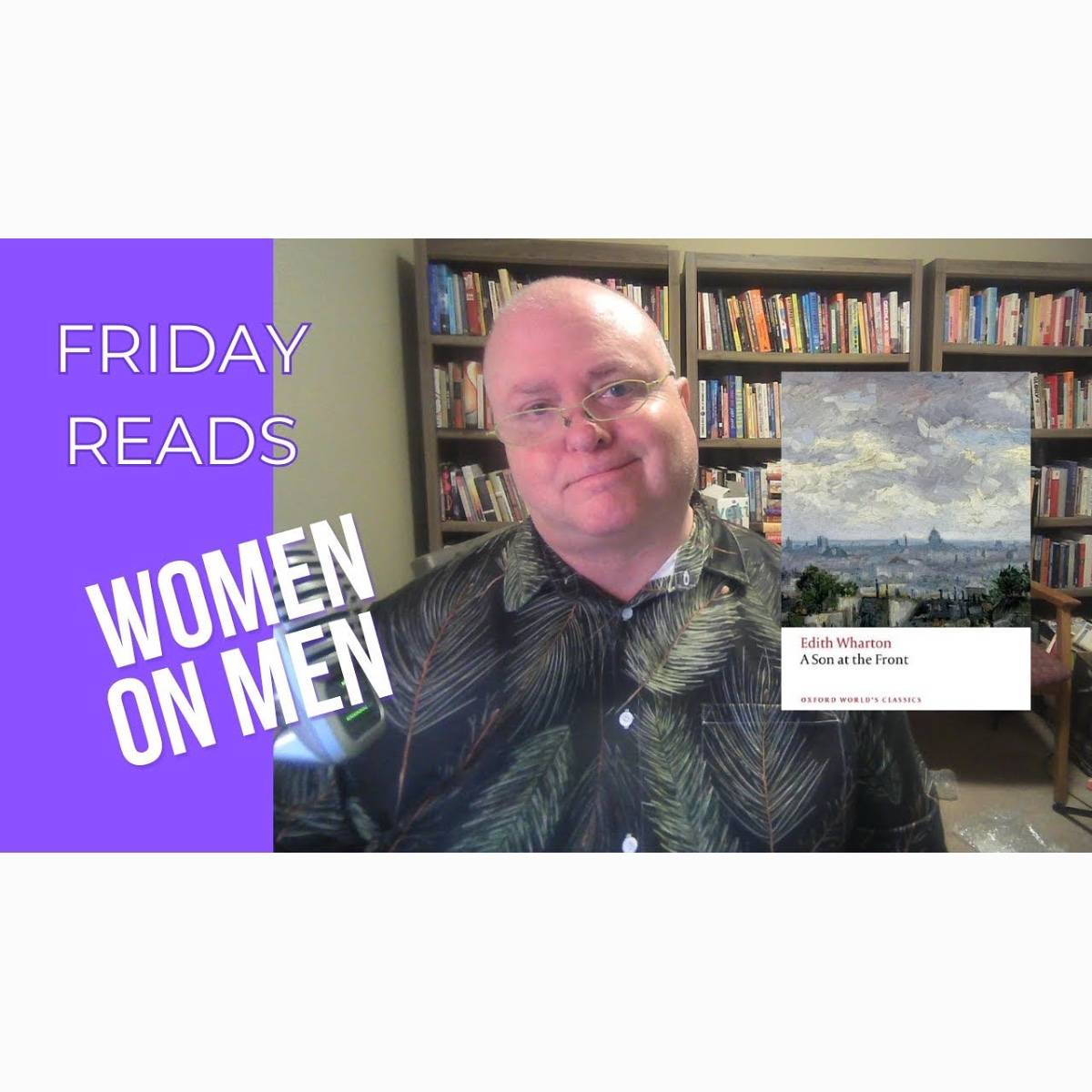
https://youtu.be/FQq8dO4UiHM?si=rK9UB75dqIkaHZd5
Introduction
Mystery guest
Week in Review
A Son at the Front by Edith Wharton
All Our Ordinary Stories: A Multigenerational Family Odyssey by Teresa Wong
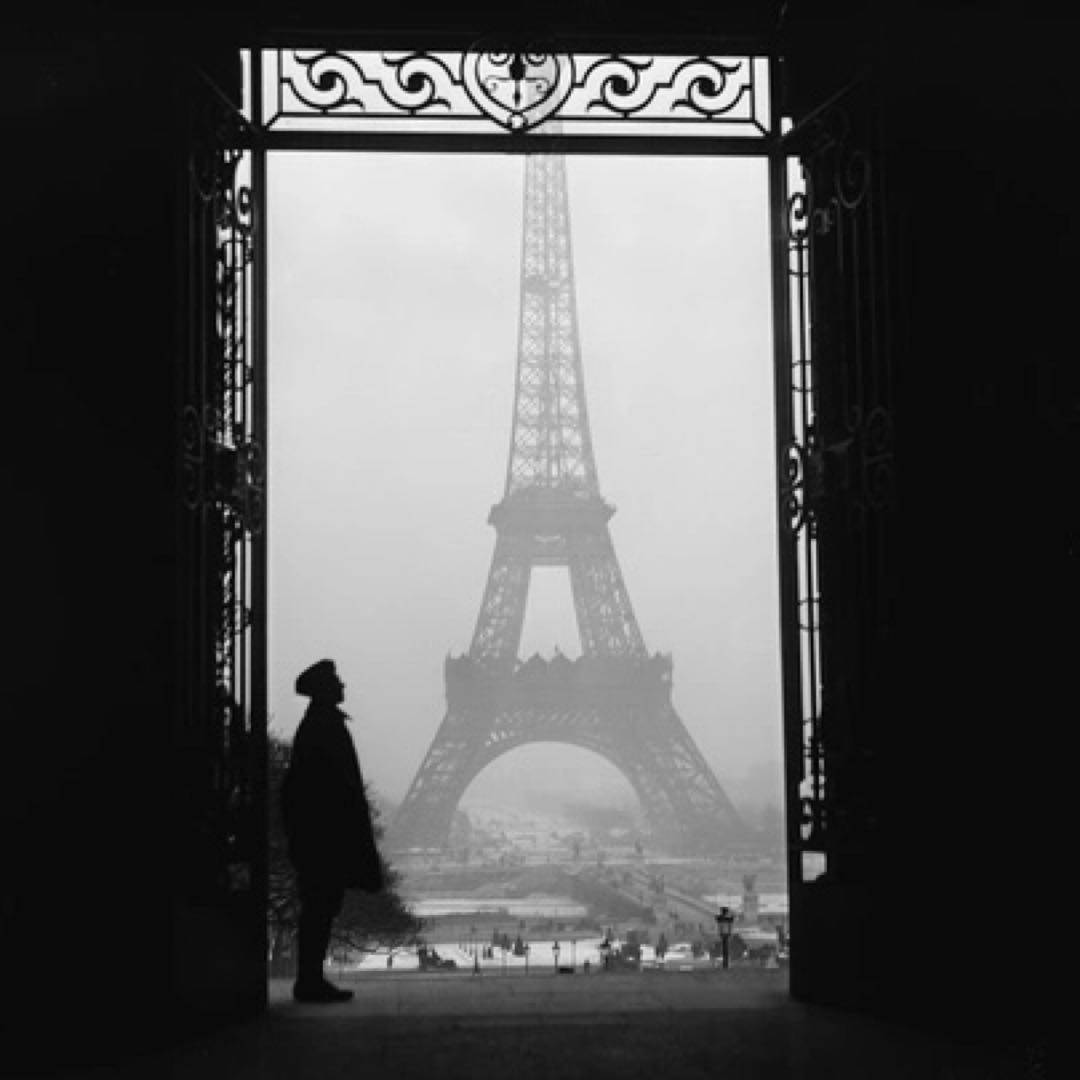
Oddly centered on an unpleasant main character. Wharton‘s novel on (wealthy) American expats in Paris during WWI focuses on an artist and divorced father who put his art before his family. When he tries to finally connect with his son, WWI intervenes. The novel lingers a bit plotless at times, but makes for a very interesting perspective on the war experience. And it has that Wharton prose. #whartonbuddyread
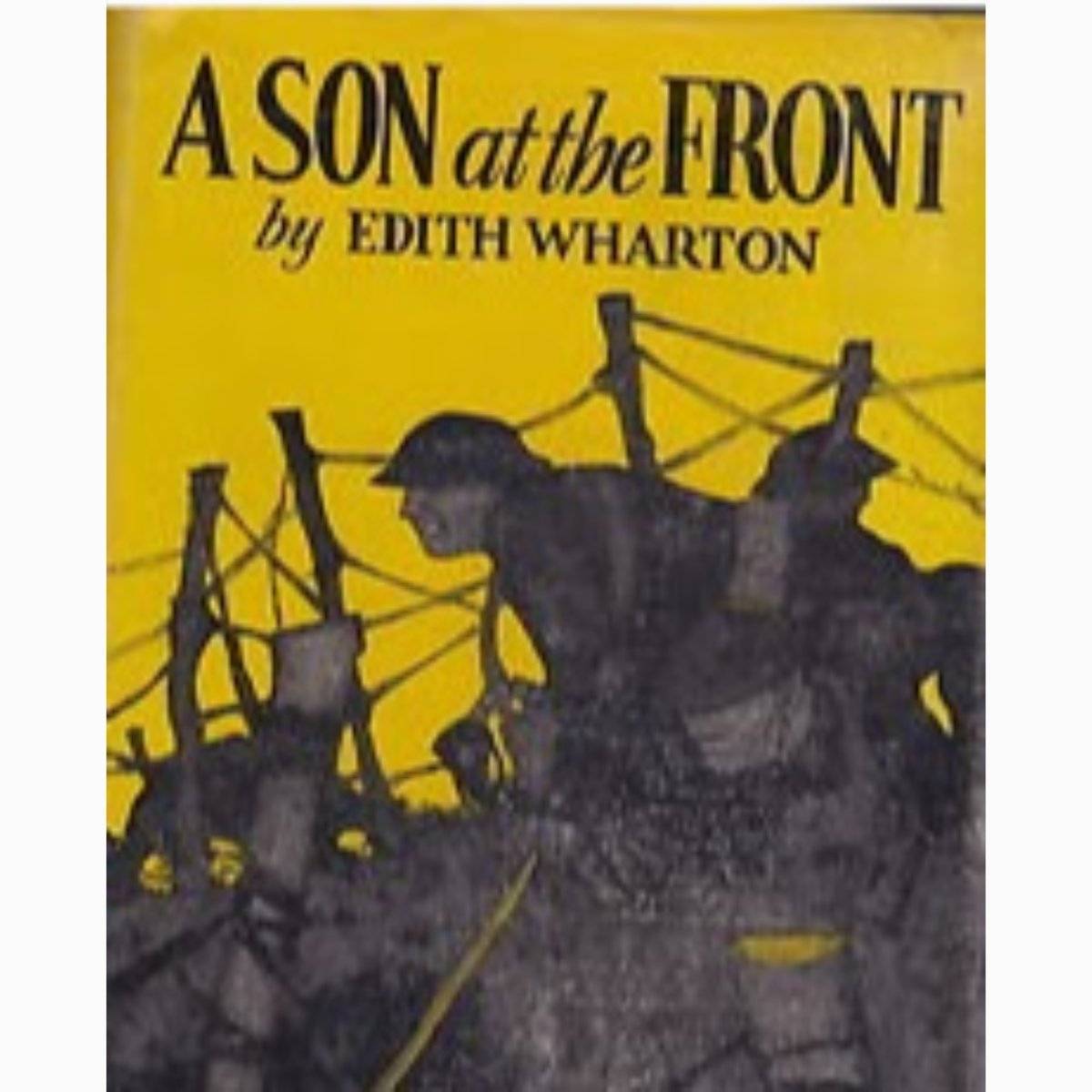
Wharton's writing is simply gorgeous. The story is mainly seen from the parents' point of view, especially John Campton, George's father. The horrors of what parents go through when their child goes to war are riveting, yet I wanted to view the war more through George's eyes since he is the son of said title. Still a pick mainly for Wharton's understanding of France during such a turbulent period of history. #WhartonBuddyRead
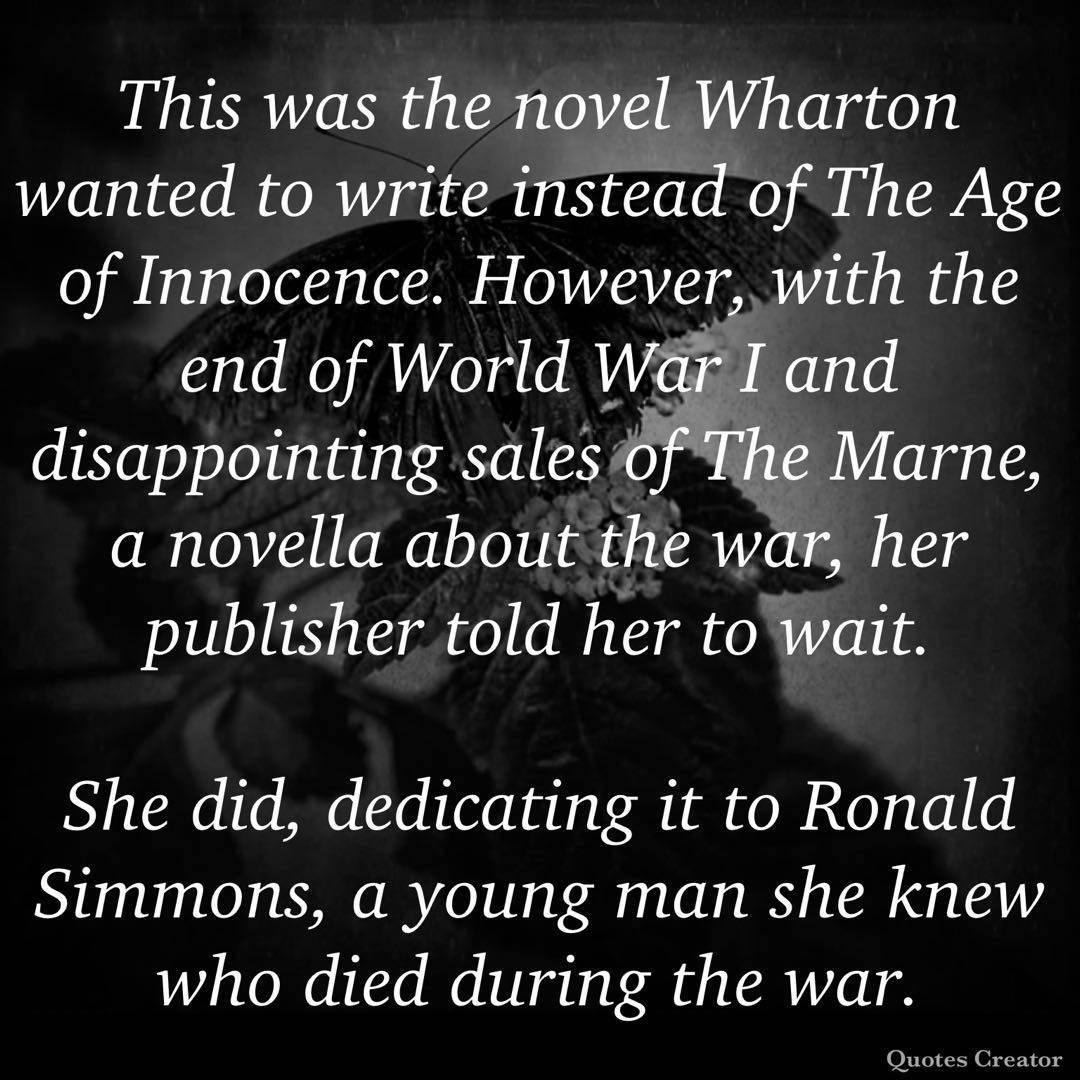
How‘s everyone processing this now? Is the book “hawk” or “dove”? In the end, which character did you change your mind about, and which not? And how do you react to the above quote from The Mount? Quotes to follow, of course. 😂 #whartonbuddyread
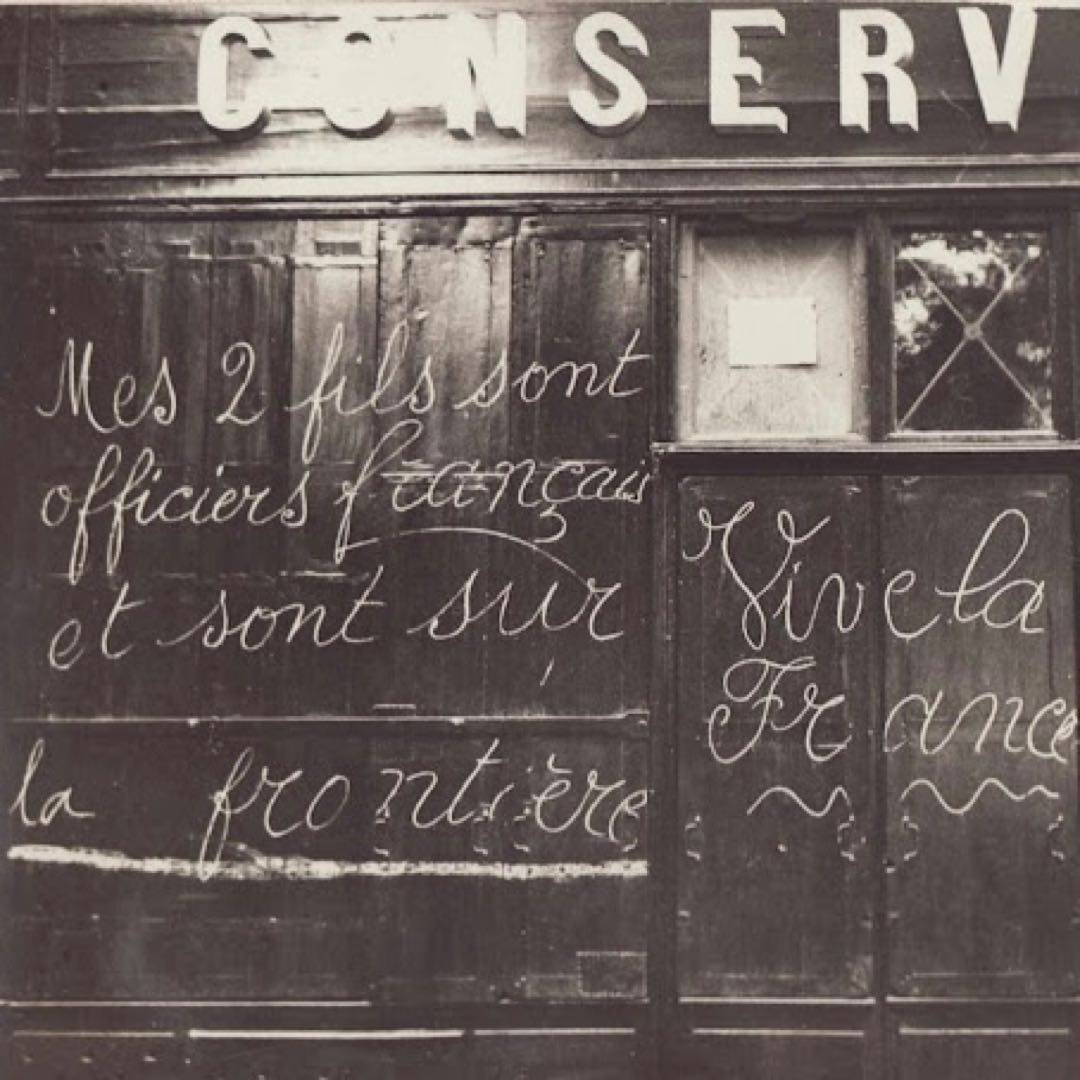
A grocer‘s window, Paris 1914 (“My 2 sons are French officers and are at the front. Long live France!”)
We get the horror of war without ourselves going to the front, and Compton‘s attitudes and beliefs undergo profound changes. Wharton‘s prose is as sharp as ever and I‘ve highlighted many quotes. To me, this seems less of a propaganda piece than The Marne did. Thoughts? #whartonbuddyread
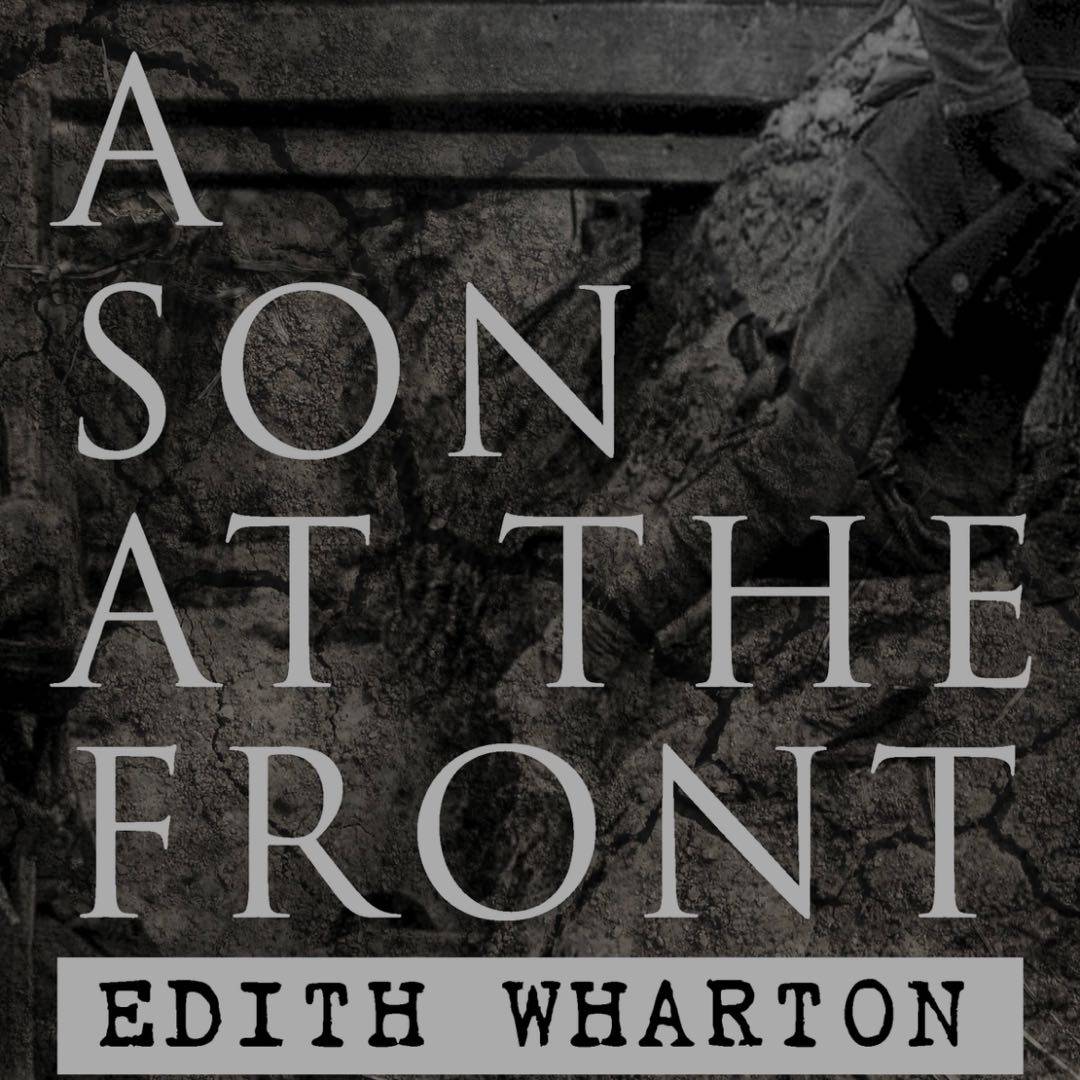
Alright, #whartonbuddyread , I‘ve started. On chapter 2. Divorce a theme.
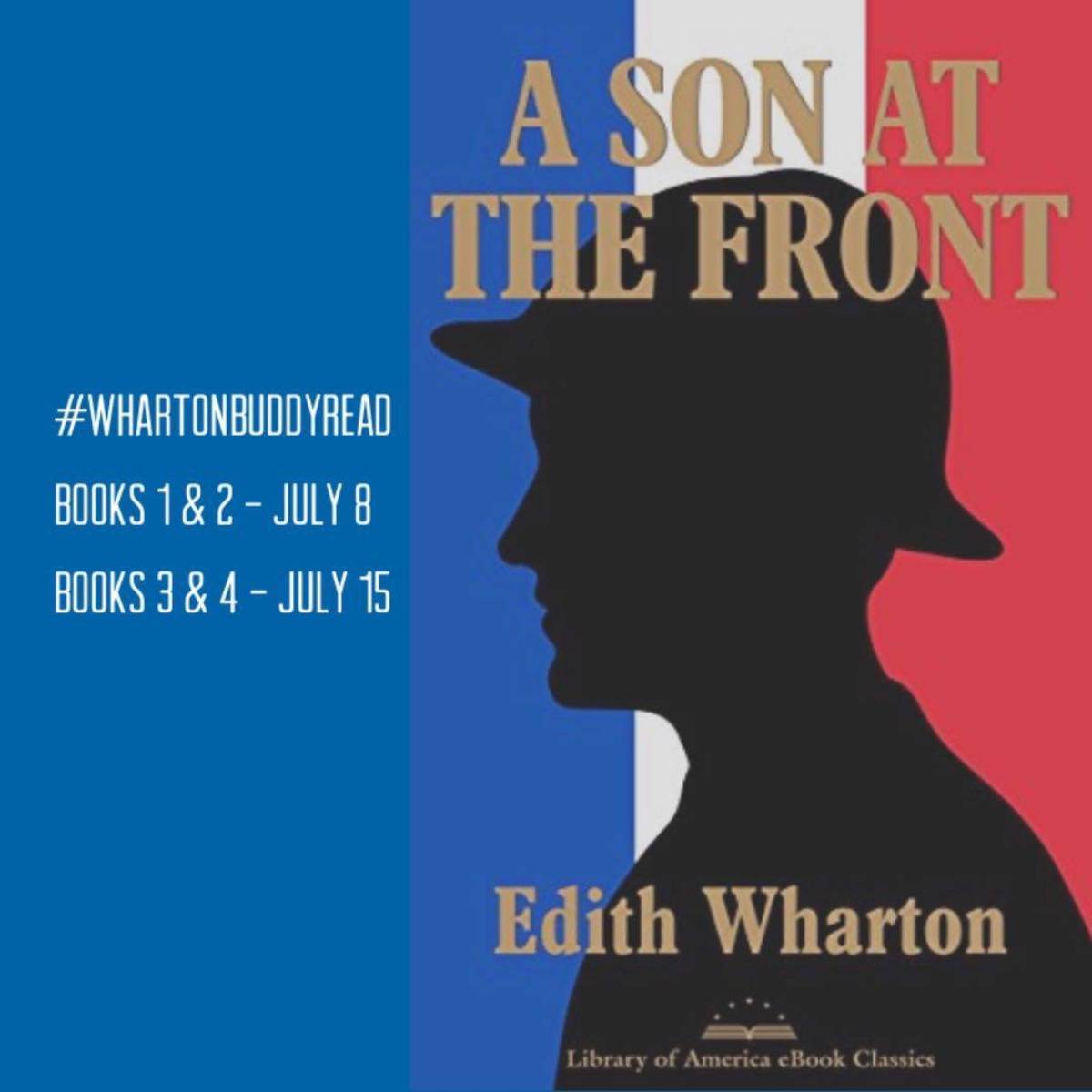
Our next Wharton novel is short - just 239 pages - so let‘s take it in two chunks. I‘ll be traveling the last week in June, so our first discussion will be July 8th. Let me know if you want to be added (or deleted) from the tag list. @Graywacke
repost @lcsmcat
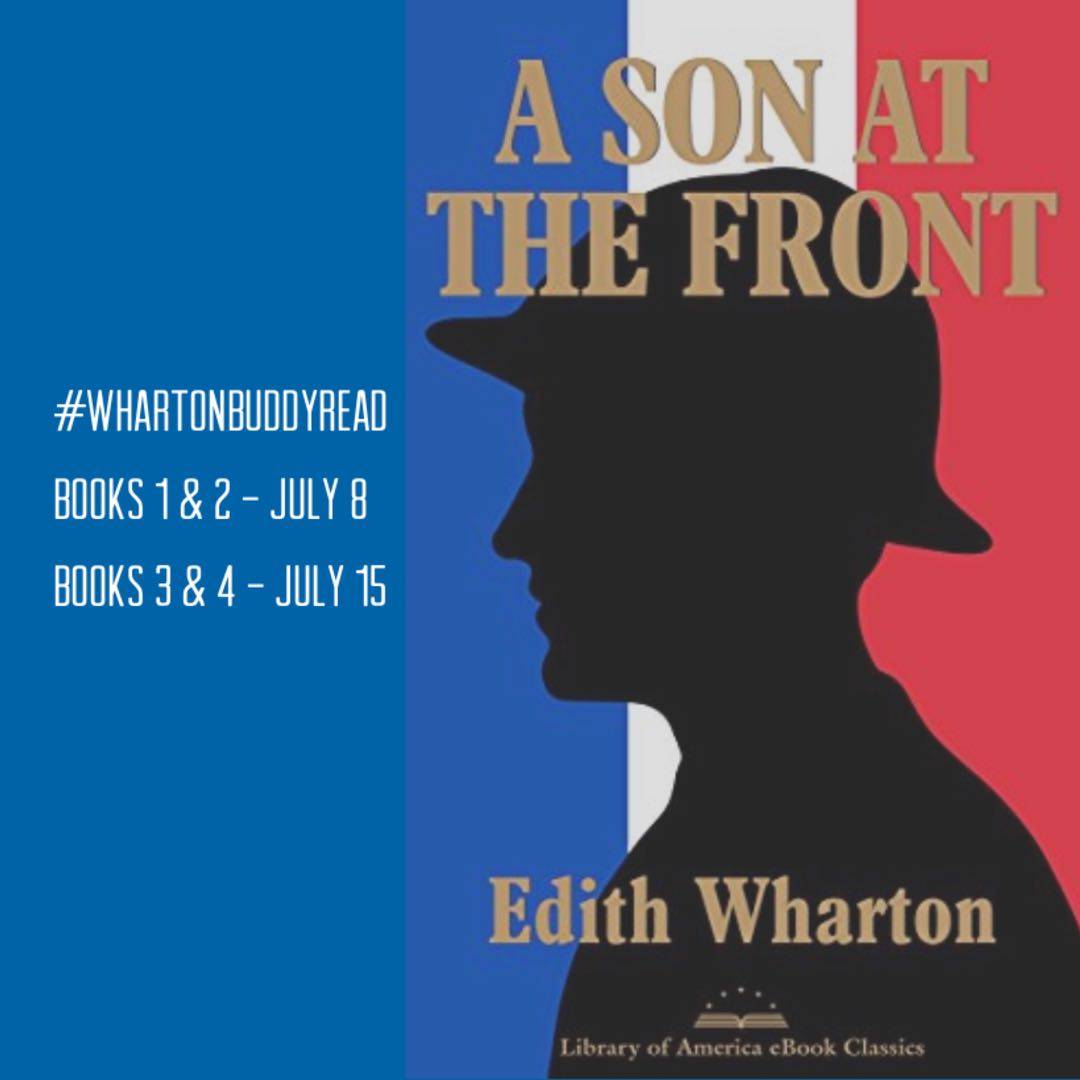
Our next Wharton novel is short - just 239 pages - so let‘s take it in two chunks. I‘ll be traveling the last week in June, so our first discussion will be July 8th. Let me know if you want to be added (or deleted) from the tag list. @Graywacke
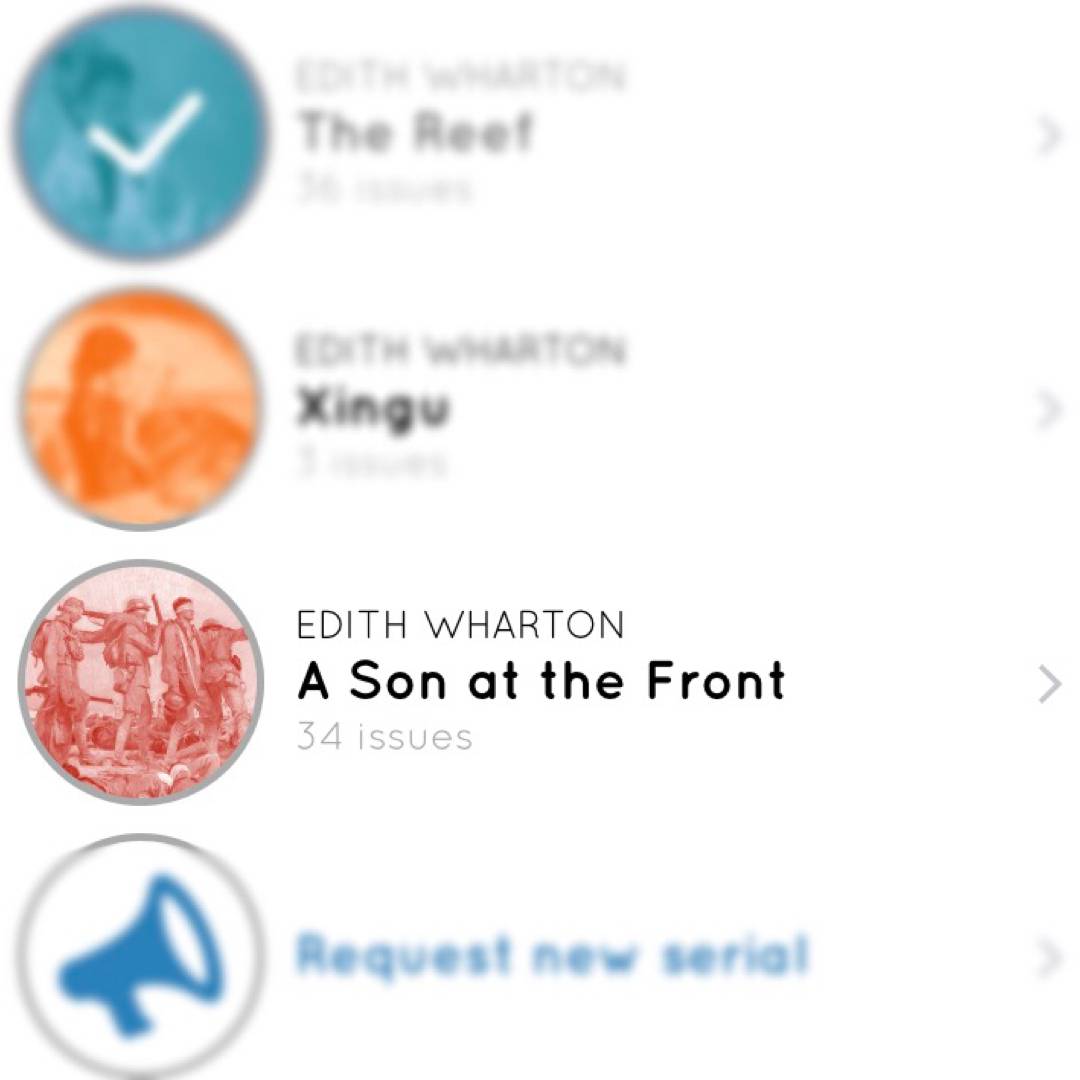
Oh happy day! @SerialReader has added a Wharton novel I haven‘t read yet!